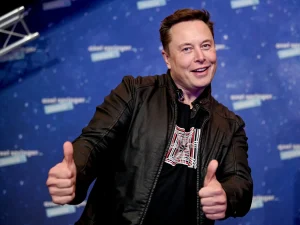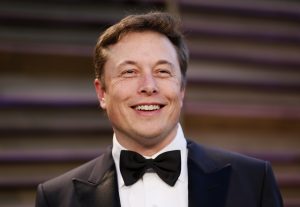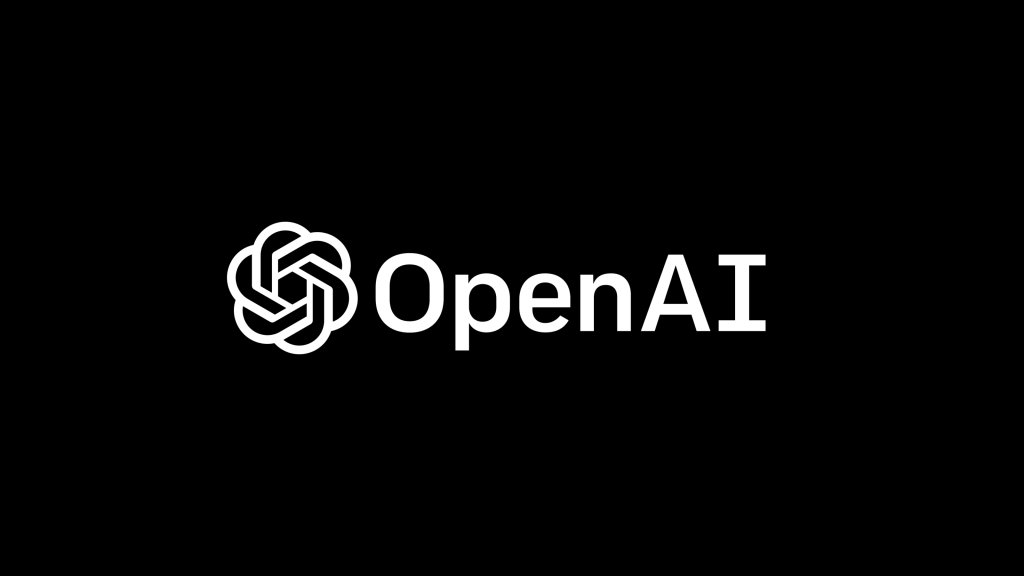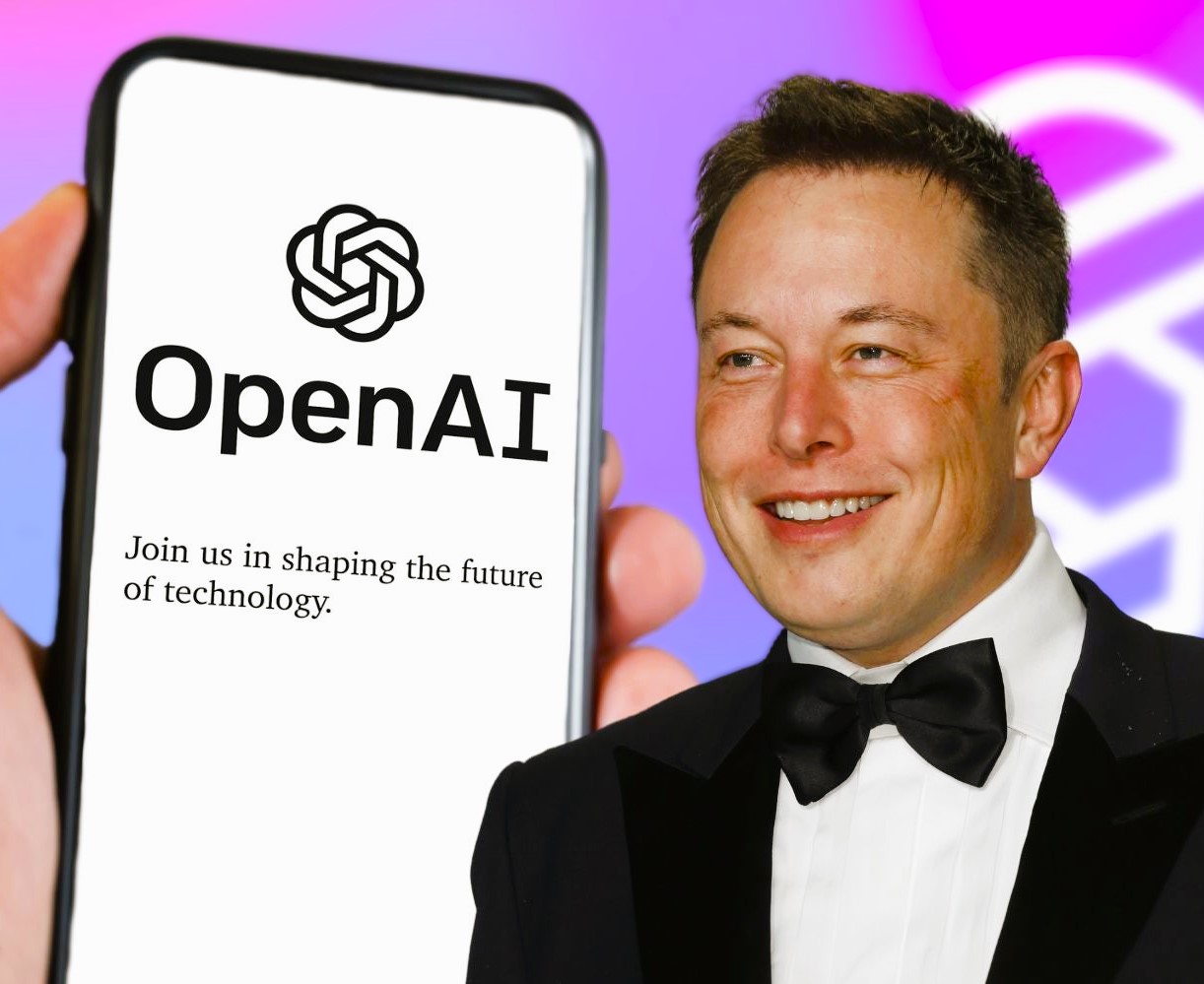Elon Musk’s $97 Billion Bid for OpenAI Rejected – Sparks Feud with Sam Altman
In a shocking turn of events, Elon Musk’s $97.4 billion bid to acquire OpenAI was rejected, igniting a heated battle between the tech billionaire and OpenAI CEO Sam Altman. The conflict, which has been brewing for years, has now reached new heights as Musk publicly criticized Altman, calling him a “swindler” after his proposal was dismissed.

Musk’s Attempt to Take Over OpenAI
Elon Musk, who co-founded OpenAI in 2015 but left in 2018, has long been vocal about his dissatisfaction with the company’s shift from a non-profit research organization to a for-profit enterprise. His recent bid to buy OpenAI was reportedly aimed at returning the organization to its original mission—ensuring artificial intelligence (AI) benefits humanity rather than being driven by corporate profit.
The bid, backed by Musk’s AI venture xAI and other investors, was seen as a move to counter OpenAI’s growing dominance in the AI space, especially with the massive success of ChatGPT and its integrations with Microsoft. However, Altman and OpenAI’s board swiftly rejected the offer, stating that they had no interest in selling the company to Musk.
Altman’s Sarcastic Response – “Buy Twitter Instead”
Sam Altman’s response to Musk’s bid added fuel to the fire. In a lighthearted yet cutting remark, Altman suggested that Musk should consider “buying Twitter instead”—a clear jab at Musk’s controversial acquisition of the social media platform, which he rebranded as X.
Musk, never one to back down from a public spat, took to social media to lash out at Altman, calling him “Scam Altman” and accusing OpenAI of prioritizing profits over ethical AI development. The feud has since escalated, drawing significant attention from the tech world.


The Growing Rift Between Musk and OpenAI
This latest conflict is just another chapter in Musk’s ongoing battle with OpenAI. After leaving the company in 2018, Musk became a fierce critic, arguing that OpenAI’s collaboration with Microsoft had turned it into a corporate-driven entity rather than the open-source AI research hub it was meant to be.
In recent months, Musk has launched multiple legal challenges against OpenAI, alleging that it has deviated from its non-profit mission and is unfairly leveraging its AI advancements for commercial gain. OpenAI, in turn, has dismissed Musk’s accusations, even releasing internal communications suggesting Musk initially supported the shift to a for-profit model.
What’s Next?
With Musk’s bid rejected, the battle for control over AI development continues. OpenAI remains a dominant force, while Musk is pushing his own AI company, xAI, which is developing a ChatGPT competitor called Grok.
The feud between Musk and Altman highlights the ongoing debate about AI’s future—should it be controlled by private corporations or kept as an open-source tool for humanity?
As legal disputes unfold and competition heats up, one thing is clear: the rivalry between Elon Musk and OpenAI isn’t ending anytime soon.




